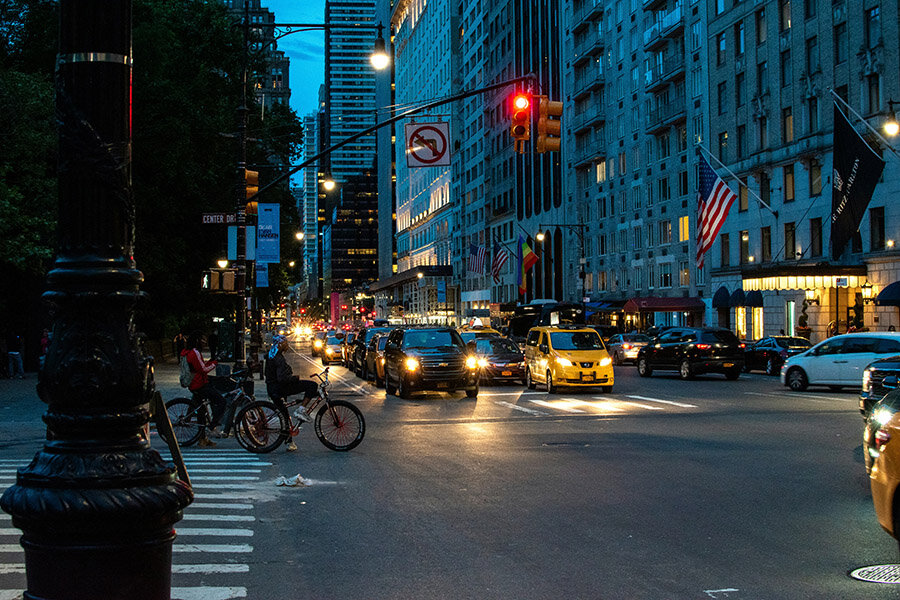Thousands of Rental Apartments in New York at Risk Amid Owner's Financial Crisis

Photo: Unsplash
The owner of over 5,000 rental apartments in New York City is facing a financial crisis that threatens housing conditions. According to Bloomberg, a U.S. federal court denied management companies linked to Joel Wiener and his Pinnacle Group the right to use rental income to cover operating expenses. The decision came in a bankruptcy case filed in May 2025.
The properties, located in Manhattan, Queens, Brooklyn, and the Bronx, are mostly rent-stabilized and belong to Broadway Realty I Co. LLC, which is burdened with more than $564 million in debt. During the proceedings, the court ruled that managers had not sufficiently protected the interests of the main creditor — Flagstar Bank, which holds a lien on the rent proceeds. The bank claims payments stopped in January.
Management companies insisted rental income is vital to maintain operations — utilities, repairs, and staff wages. Court documents warned that without access to funds, building maintenance could cease, and tenants would be left without basic services. On July 2, Judge David S. Jones approved an emergency deal allowing temporary use of funds secured by Flagstar Bank through July 11. The decision restored elevator operations and basic services. Jones stressed that many people work in these buildings and need paychecks, while tenants need stability.
Attorney Garrett Fail told the court some elevators had already failed and warned the funding gap made even rent collection impossible. He rejected the bank’s July 8 deadline as a “metaphorical gun to the head” during the holidays. The court granted an extension.
Flagstar stated that no long-term solution had been reached. The bank is considering placing the properties under independent oversight. The conflict is worsened by a lack of trust — the creditor fears further losses, while managers claim the situation stems from external conditions.
Real estate experts blamed the bankruptcy on “sky-high” interest rates and recent changes to New York housing laws, which limited landlords' ability to raise rents. New regulations make it nearly impossible to increase rates after renovations or tenant turnover, slashing profitability and threatening debt obligations.
There’s also a political angle: New York City mayoral frontrunner Zohran Mamdani, winner of the primaries, has pledged to freeze rents on all 2.5 million stabilized units. While tenants welcome this, economists warn of long-term risks — landlords might not maintain properties if rent revenues freeze.
The Pinnacle Group case is not isolated. In September 2024, Bloomberg Law reported a surge in bankruptcy filings in Brooklyn’s federal court, with nearly half involving rent-regulated buildings. Experts blamed the mix of rising rates and frozen rents for eroding profitability.
In April 2025, a New York Post column warned that history could repeat itself — referencing the 1970s Bronx crisis, where landlords abandoned unprofitable properties, sparking urban decay. Authors noted that many buildings already operate at a loss, and owners lack resources for basic upkeep.








